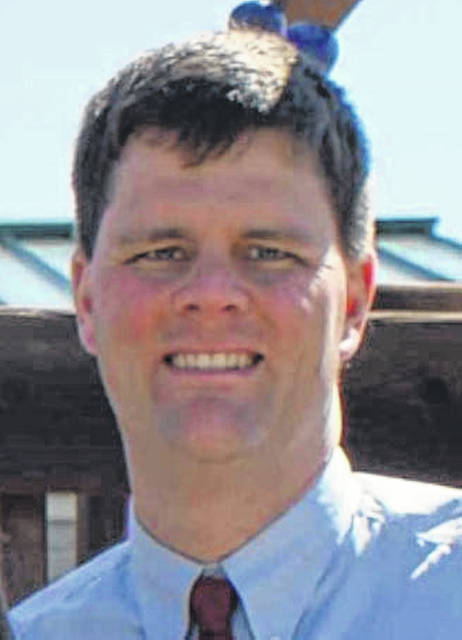
This past Saturday evening in Ft. Worth, Texas, a police officer shot and killed Atatiana Jefferson in her home as she played video games with her nephew. The officer is a white male, and Jefferson was a black female, adding yet another episode to our country’s long and dark history of racial tension. Coming on the heels of the recent murder trial of Amber Guyger (another white police officer from Texas who killed a black man, Botham Jean, in his home), these stories pull heartstrings and conjure the deepest of our emotions. These are indeed tragedies, but they are more than that – they are examples of deep systemic failures still at work within our society. There are many stories that highlight the progress our country has taken in race relations, but these recurring tragedies stand before us as testimonies of how much work remains.
The murders of Atatiana Jefferson and Botham Jean have provided a national platform for issues like race relations, law enforcement policies, implicit bias, and systemic injustice. Any one of these topics involves huge social implications with tentacles in nearly every facet of life. Their scope can make them seem aloof and disconnected from our everyday actions and often leave us feeling hopeless that change will ever happen. However, one of the most troubling aspects of the murder of Atatiana Jefferson is the betrayal of a fundamental, social trust.
In Matthew 22 in the Bible, a Pharisees approached Jesus and asked him which of the commandments was the greatest. Jesus famously responded by saying that the greatest commandment was to love God with all your heart, soul, mind, and strength and that the second one was like it – love your neighbor as yourself. Perhaps the most startling part of the Ft. Worth tragedy was that the police officer was responding to a call made by a concerned neighbor, James Smith. The lights were on and the doors were open at Atatiana’s house at 2 a.m., and James was concerned about the well-being of his neighbor. James Smith was blatantly fulfilling one of, what Jesus says is, the greatest commandments.
James Smith did what we hope most people would do in that situation. He saw something so he said something. Now his neighbor is dead. Understandably, Smith regrets calling the police. In a recent interview he said, “If I had never dialed the police department, she’d still be alive.” What a haunting thought to have to live with.
When I think about this tragedy, I think about the old PBS show where Mr. Rogers asked us all to be his neighbor. Mr. Rogers would have liked James Smith. He was a good neighbor. Jesus is pleased with the James Smith. He loved his neighbor. Atatiana Jefferson and Botham Jean are names that will long elicit emotionally charged responses and calls for reform, change, and repentance. Rightfully so. However, it would be easy to gloss over the name James Smith and the role he played in this unfortunate event. In the same way, it is easy to gloss over the subtle way injustice and oppression operate within neighborhoods and tightknit communities. It can be easy to forget that, as the family of Atatiana mourns, there is also a kind neighbor who has to live with the fact that his act of kindness cost a neighbor her life. If he had never called the police, Atatiana Jefferson would still be alive. As we consider what happened in this Ft. Worth neighborhood and allow the names of Atatiana and Botham to testify to the need for justice, let’s also allow the name James Smith to testify to the goodness of well-intended neighbors whose acts of kindness sometimes bring upon them unwanted and undeserved stress and even persecution. Sometimes to “Love your neighbor as yourself” is a truly selfless and thankless endeavor.


